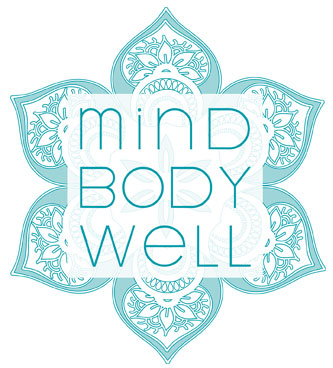At Mind Body Well we practice from a Non-Dieting, Body Accepting, Health at Every Size® philosophy which acknowledges and respects body diversity and focuses on enhancing Wellbeing rather than prioritising Weight
What does that mean?
Non-Dieting
The Non-Dieting movement reflects the understanding that restrictive weight loss diets are not the key to health and wellbeing. Instead, dieting often leads in one of two harmful directions:
the path of yo-yo dieting and weight cycling where people swing between periods of controlled, restrictive eating alternating with times of difficulty regulating hunger and fullness due to a focus on food rules rather than intuitive eating
the path of obsessively focussing on weight and shape to the point that people become unable to eat in a relaxed, moderate way, placing them at risk of a clinical Eating Disorder
A Non-Diet approach may still involve a focus on nutrition, but it does so while considering other aspects of wellbeing such as moderation, flexibility, spontaneity and pleasure.
Body Acceptance
Body Acceptance encourages a self-compassionate approach to caring for the body we have. This approach prioritises a healthy mind-body relationship enabling us to be kind to ourselves and grateful for our bodies functionality, taking a wholistic approach to caring for our health and wellbeing.
Therapists at Mind Body Well offer a non-judgemental approach to therapy which is respectful, weight inclusive, and acknowledges size diversity.
Health at Every Size®
Health at Every Size® (HAES) is a 'weight neutral' approach which focuses on health and wellbeing, not numbers.
The HAES® principles from the Association for Size Diversity & Health are as follows:
Weight Inclusivity: Accept and respect the inherent diversity of body shapes and sizes and reject the idealising or pathologising of specific weights.
Health Enhancement: Support health policies that improve and equalise access to information and services, and personal practices that improve human well-being, including attention to individual physical, economic, social, spiritual, emotional, and other needs..
Respectful Care: Acknowledge our biases, and work to end weight discrimination, weight stigma, and weight bias. Provide information and services from an understanding that socio-economic status, race, gender, sexual orientation, age, and other identities impact weight stigma, and support environments that address these inequities.
Eating for Well-being: Promote flexible, individualised eating based on hunger, satiety, nutritional needs, and pleasure, rather than any externally regulated eating plan focused on weight control.
Life-Enhancing Movement: Support physical activities that allow people of all sizes, abilities, and interests to engage in enjoyable movement, to the degree that they choose.
AND if you’re in a very low weight range or have recently lost a significant amount of weight...
our approach MAY be a little different
Some of our clients with restrictive Eating Disorders may be struggling to meet their basic nutritional needs. In this situation the therapy may require a more deliberate focus on eating patterns and weight in order to restore the body's health and vitality.
The approach we take will depend on your needs and will be negotiated between you, your therapist and any other health professionals involved in your team.


